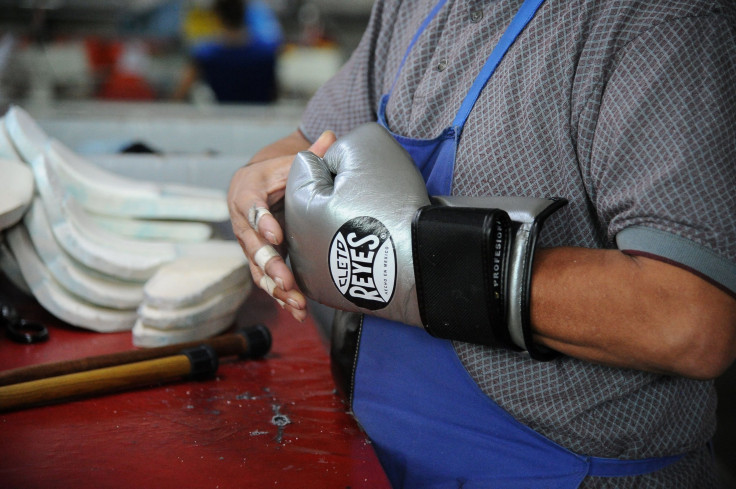Punch Parkinson’s Away? Boxing Helps Prevent Progression Of Debilitating Disease

Parkinson’s disease patients in California are fighting to stay alive, quite literally, through the Neuroboxing program, which is designed to curtail the progression of the debilitating disease.
According to Mayo Clinic: “Parkinson's disease is a progressive disorder of the nervous system that affects movement. It develops gradually, sometimes starting with a barely noticeable tremor in just one hand.” As the disease progresses, the symptoms become extreme including slowed movement, rigid muscles, impaired posture and balance, loss of automatic movements, speech changes and writing changes.
Neuroboxing is a non-profit program co-founded by Jennifer Parkinson in 2016. The former nurse was diagnosed with Parkinson's disease at the age of 32. After researching about the disease, Parkinson discovered that exercising could actually help her condition by keeping the rapidly emerging symptoms at bay. Without wasting any time, she began training with a former professional boxer and began experiencing the difference.
“I had more energy. I was able to move better (and) my freezing episodes got better," Parkinson said, the Santa Maria Times reported. “I realized that this was something that could help a lot of people.”
Trained instructors across multiple cities in California teach Parkinson’s patients non-contact boxing under the program which helps in improving their agility, muscular endurance, balance, hand-eye coordination, footwork and overall strength.
“It’s extremely anecdotal, but it’s something that I’ve noticed,” neurologist Dr. David Hardesty said. “Exercise is somewhat difficult to study, but it’s one of those things that’s so evident among practitioners that it provides improvements, that it becomes standard to recommend it.”
In a typical class, instructors shout words of encouragements to members of the program who repeatedly punch sand bags hanging in front of them, all the while shifting their weights from one leg to the other switching fists. Activities like jumping, throwing, playing catch and doing bicep curls with weighted bars may also be part of some sessions.
Neuroboxing trainer, April Sergeant, who teaches classes at multiple locations, said every activity members undergo in the sessions is targeted to combat different aspects of Parkinson's disease. However, as a trainer, it is Sergeant’s job to evaluate newcomers to assess their strength and requirements and also teach them the correct way to box.
"Parkinson's affects everybody differently," she said. "For some people, it really affects their writing. For others, it's their balance, gross motor skills, or some combination of those things. In class, we try and push them past their limits — pushing them past where they normally would go and creating that forced, intense exercise is what works."
Sergeant added she witnessed people who were really struggling with their physical prowess come through and show remarkable progress after enrolling in the program.
"I had one guy who literally could not take a step backward — his feet would not come off the ground to step backward and he could now walk around the room backward if you asked him to," she said.
For many participants, the group has become a vital part of their life, giving them a reason to hope and regard life with a positive attitude.
"It's easy to be a recluse when you have Parkinson's (disease)," Bill Marthaller, 63, a Neuroboxing member, said. "For many of us, the class is a reason to get up in the morning."
Ed Murray, 73, another participant said: “We’re all pretty close to each other. We watch people come in and see how much they’ve improved — people who could barely walk or do anything and all of a sudden they’re exercising very well. So we’re all sort of proud of each other for how they're doing.”
© Copyright IBTimes 2025. All rights reserved.






















